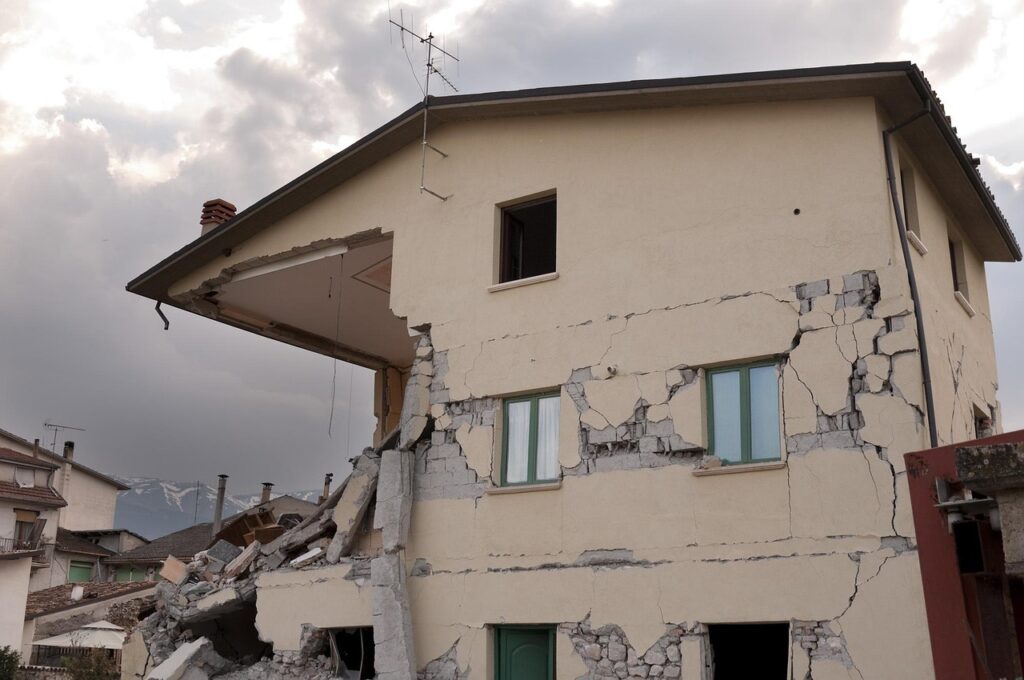Imagine this: you run a small business and have promised delivery of event supplies next week.
Suddenly, a cyclone hits your city, transportation shuts down, and you have no way to deliver. The client is upset, and you’re left wondering — will this count as a breach of contract?
This is where the legal concept of force majeure steps in. The phrase literally means “superior force” — events outside your control that prevent you from fulfilling a contract.
In Indian law, this isn’t a separate doctrine, but something that must be clearly written into the contract itself. If your agreement has a well-drafted force majeure clause, it can temporarily excuse performance or even end the contract without penalty, depending on how severe and long-lasting the event is.
Force majeure is different from ordinary inconvenience or economic loss. It applies to truly unforeseeable events — the kind that disrupt life or business as a whole.
| Type of Event | Covered under Force Majeure? | Example |
|---|---|---|
| Natural disasters | Usually yes | Floods, earthquakes, cyclones |
| Government restrictions | Often yes | Lockdowns, export bans |
| Health emergencies | Yes, if mentioned | COVID-19, pandemics |
| War or civil unrest | Yes | Riots, political violence |
| Economic hardship | Usually no | Loss of revenue, supply price hikes |
It’s important to understand that force majeure does not give you an automatic right to walk away from the deal. You must still prove that the event made performance impossible — not just more expensive or inconvenient.
This is where legal provisions under the Indian Contract Act, 1872 come into play.
Section 32 of the Act covers situations where a contract is contingent on the happening of an event. If that event becomes impossible due to a force majeure incident, the contract becomes void.
Separately, Section 56 talks about the doctrine of frustration — which means that if, after a contract is signed, something happens that makes it impossible to perform, the contract is legally discharged.
But Indian courts are cautious. They expect you to show that the event wasn’t just unforeseen, but also unavoidable, and left you with no practical or legal way to perform your duties.
To better understand what makes a contract valid in the first place, you can also read: What Makes a Contract Legally Binding in India?
Also, don’t assume that simply invoking force majeure protects you. Many contracts require written notice within a few days of the event. Failing to notify on time, or failing to keep evidence of disruption, can weaken your case.
This is why contracts should not be copied from the internet without understanding their consequences.
If you’re drafting or reviewing contracts for your business, you may find this useful: Freelancers & Small Businesses: How to Draft a Simple Service Agreement
A force majeure clause is not a magic exit button. It must be invoked correctly, backed by evidence, and comply with the specific terms written in the contract. Courts will look at three key things: whether the event qualifies under the clause, whether performance became truly impossible, and whether the affected party took reasonable steps to minimize damage.
To invoke it properly, you’ll need to check whether your contract requires written notice within a certain number of days.
This notice should explain the event, how it affects performance, and ideally, propose a solution — such as a delay or renegotiation — rather than abrupt cancellation.
Here’s a simplified step-by-step:
| Step | What to Do |
|---|---|
| Read the clause | Check what events are covered and if COVID, war, or disaster are listed |
| Document the impact | Save emails, government orders, or proof of disruption |
| Notify the other party | In writing, within the time limit mentioned |
| Stay cooperative | Suggest alternatives like delay or partial performance |
| Seek legal review | Especially if contract value is high or international in scope |
Indian courts have dealt with force majeure mainly through the lens of Section 32 and Section 56 of the Indian Contract Act, 1872.
In the famous case of Satyabrata Ghose v. Mugneeram Bangur & Co., the Supreme Court observed that frustration applies only when performance becomes entirely impossible — not just unprofitable or delayed.
More recently, during COVID-19, courts became stricter. In Standard Retail Pvt Ltd. v. GS Global Corp (Bombay High Court), the court held that a buyer cannot invoke force majeure to delay payment, especially when the contract didn’t list pandemics as a trigger.
So even in a global disaster, the contract terms matter most.
This makes it clear: you must plan in advance, not react after damage. When drafting future agreements, ensure your force majeure clause includes specific events, timelines for notice, and how long relief can last.
If you’re trying to cancel a contract due to disaster or crisis, you may also want to read: How to Cancel a Contract Without Getting Sued
FAQs
1. Can force majeure excuse delay in payment?
Rarely. Courts don’t usually allow it unless explicitly mentioned in the clause.
2. What if my contract doesn’t mention force majeure?
You can rely on Section 56 and claim frustration, but the burden of proof is high.
3. Are lockdowns considered force majeure in India?
Yes, but only if your contract includes such events or government actions.
4. Do I need to register my contract for force majeure to apply?
Registration isn’t required, but a written, signed agreement is necessary for enforcement.
5. Can both parties claim force majeure at once?
Yes, if both are genuinely affected and meet the clause conditions.



